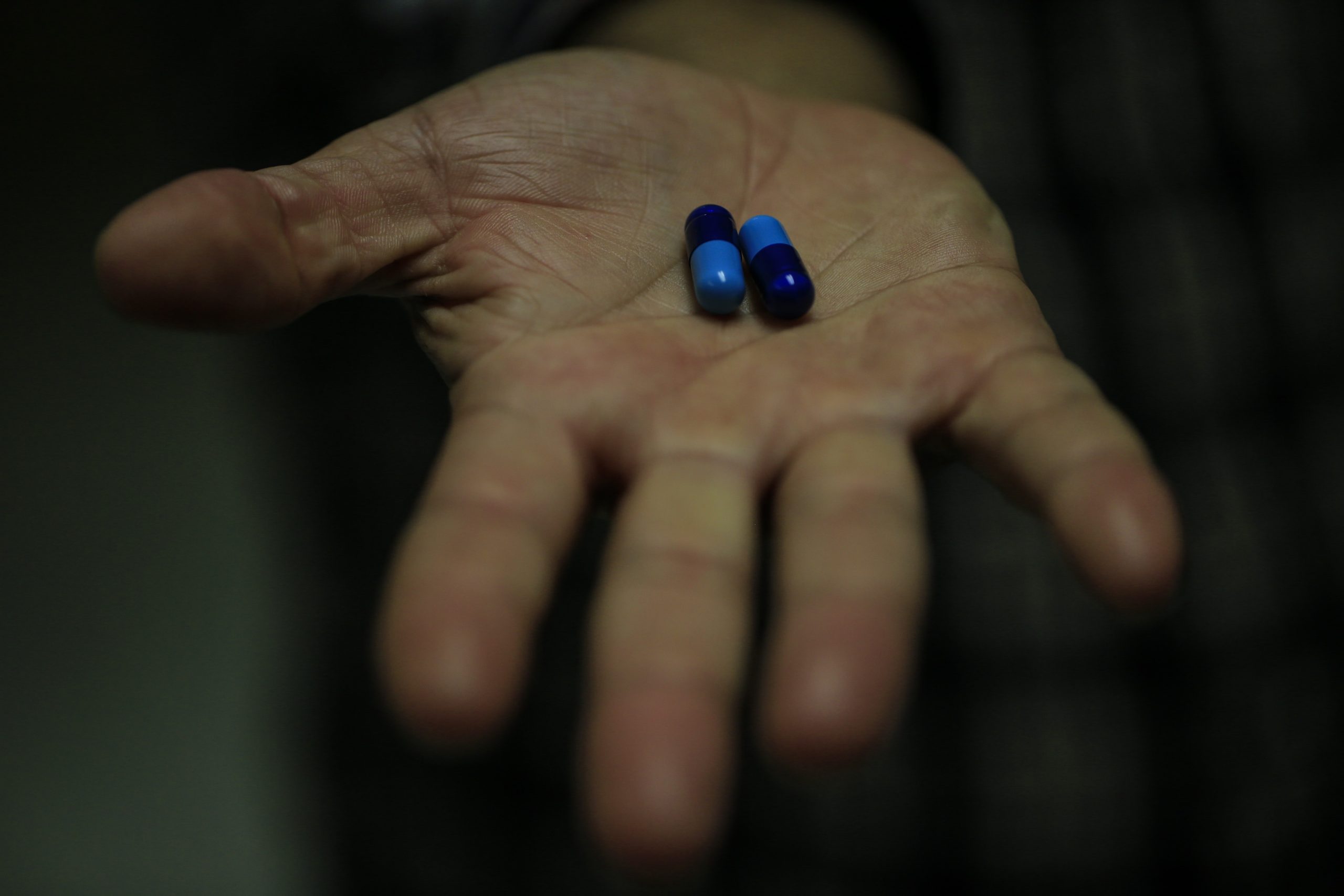Adding to the steaming pile of unsubstantiated hype over probiotics, the New York Times ran an uncritical article this week suggesting that a probiotic of heat-killed bacteria can treat obesity.
Of course, the data behind the story does not suggest that. In fact, the study is so small and the data so noisy and indirect, it’s impossible to come to any conclusions about efficacy. There’s also the nit-picky complaint that the study deals with dead bacteria, while probiotics are generally defined as being live bacteria. More importantly, the study was authored by researchers with a clear financial stake in the treatment succeeding. They hold a patent on the treatment and have started a company based on it—two details the New York Times seems to have forgotten to mention.
Microbiome madness
In many ways, the study is pretty typical of those on probiotics. The field is riddled with underpowered and/or poor-quality studies that use a wide mix of methods, metrics, and surrogate endpoints—that is, stand-ins for actual clinical outcomes, like measuring tumor shrinkage rather than actual cancer survival to assess a new therapy. According to a recent review of probiotics, the field’s hard-to-compare studies form a mucky mess, "collectively leading to conflicting, ambiguous, and debatable overall conclusions."
The premise of probiotics isn’t a crazy one. Generally, the buggy drugs aim to manipulate the multitudes of microbes in our guts to boost health. There’s good reason to think that’s possible; our wee residents seem to dabble quite a bit in our well-being, influencing metabolic disorders, inflammation, hormone cycling, and our defenses against invading germs. As such, researchers are diligently studying the large, complex communities in our innards—our gut microbiomes—and getting closer to understanding their structure, function, ebbs and flows, and potential to be harnessed for good.
But the microbiome field is still littered with open questions, and companies and supplement makers have leapt over the holes to make remarkable claims with flimsy studies—and hawk unsubstantiated products. Just as bogus stem cell clinics profit off the potential of regenerative medicine research (and blinding people in the process), probiotic makers are exploiting excitement over the microbiome and getting ahead of the data.
Just last week, researchers suggested that a particular microbe in the guts of elite athletes may have a hand in making them elite. And the researchers started a company. But the study involved poop samples from just 15 runners and the—slight—performance boost was only seen in a small group of mice running on treadmills. On average, they ran a few minutes longer than control mice.
Journalist Ed Yong of The Atlantic—who has written a book on the human microbiome—summarized the study succinctly on Twitter:
Lean data
For the study supposedly linking a gut bacterium to obesity treatment, a team led by Belgium researchers set up a gold-standard trial design: a randomized, double-blind, placebo-controlled trial. But they enrolled just 32 people. The participants were overweight or obese and had at least three symptoms of a metabolic disorder, such as high cholesterol and high blood pressure.
In the study, published in Nature Medicine, the researchers note that this number of participants isn’t enough to make any claims, writing that the study is "not powered to deliver definitive conclusions on the end points related to metabolic parameters." The study was primarily designed to test for safety. That didn’t stop the authors from calling their inconclusive findings “promising” in the manuscript, however.
The researchers randomly split up the 32 people into three groups: one that got a placebo every day for three months, another that took daily doses of the live bacteria Akkermansia muciniphila for three months, and a third group that took the same daily dose of the bacteria after they were killed by mild heat.
A. muciniphila is a commensal bacterium found in the human gut. It's been found more often in lean people, and rodent studies have suggested it’s linked to leanness and the stability of fat tissue and metabolism. Researchers have also previously "serendipitously" discovered that dead A. muciniphila caused more of an effect in rodents than live bacteria, though it’s not clear why.
Throughout the obesity study, the researchers monitored an array of surrogate endpoints, such as fasting blood sugar levels, markers for inflammation, and cholesterol. At the onset, the three randomly assigned groups had different levels of these on average, and the placebo group’s measurements on a number of markers fluctuated significantly throughout the study, making the data difficult to interpret. The researchers also didn’t control for confounding factors, such as diet or exercise.
At the end of the three months, the researchers saw no changes in weight in any of the groups. They also saw no change in blood-sugar levels or the microbiomes of the participants. The live bacteria had no effect. The researchers claim to have found small, statistically significant improvements in cholesterol, insulin sensitivity, and markers of inflammation and liver dysfunction in those who took the heat-killed bacteria. But again, the study wasn’t large enough to make these changes meaningful. The only thing the researchers can say with any confidence is that the treatments didn’t cause any safety issues in the small group of participants.
Nature Medicine, 2019. DOI:10.1038/s41591-019-0495-2 (About DOIs).


